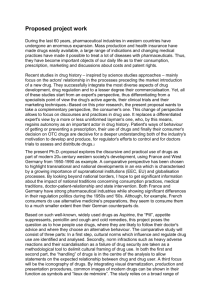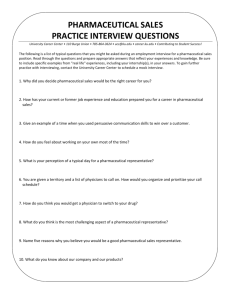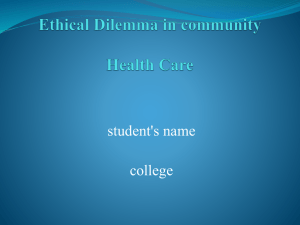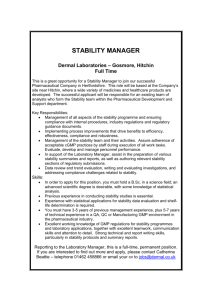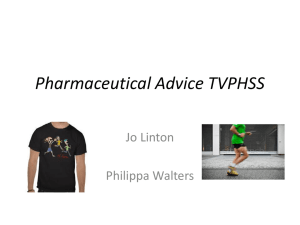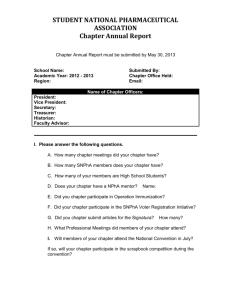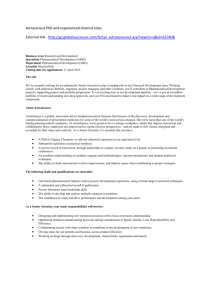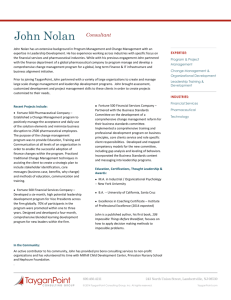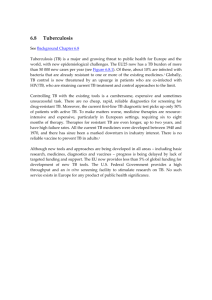Republic of Korea
advertisement
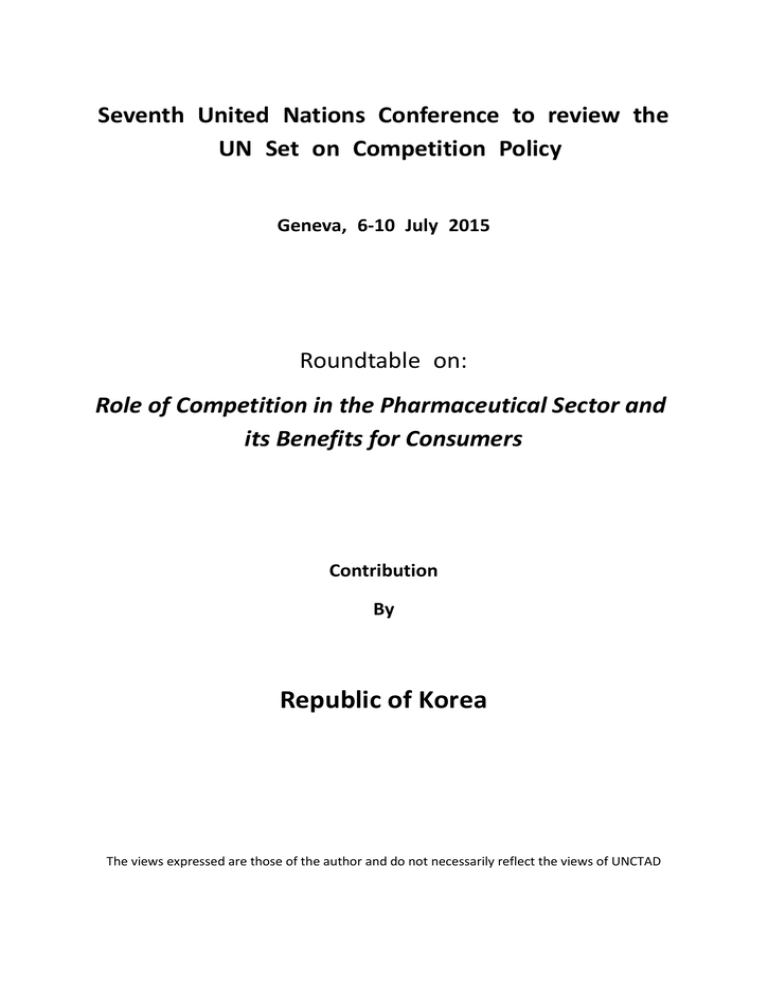
Seventh United Nations Conference to review the UN Set on Competition Policy Geneva, 6-10 July 2015 Roundtable on: Role of Competition in the Pharmaceutical Sector and its Benefits for Consumers Contribution By Republic of Korea The views expressed are those of the author and do not necessarily reflect the views of UNCTAD Illicit Rebates in the Pharmaceutical Sector The market competition for the price and quality of pharmaceutical products was adversely affected by the rebates in Korea where the medicines were chosen by the doctors’ prescription while the patients did not have any right of selection. According to our research, selling, general and administrative expenses (SG&A) accounted for 35% of the sales in the Korean medicine industry, which was above the average 12% of other manufacturing industries. Allegedly, substantial amount of SG&A was closely related to illicit rebates that the pharmaceutical industry offered a certain portion of their sales revenue as part of their sales strategy. Those rebates were reflected in the pharmaceutical price and caused the customers to shoulder the burden for the increased price of medicines, increasing the financial burden on the National Health Insurance Corporation. The benefit of those rebates was given unfairly to the doctors and hospitals. In addition, financial resources were wasted on something that had nothing to do with the development of the pharmaceutical industry. The opportunity for development of new medicines that could have been realized if the money given as rebates had been invested in R&D was lost. The Korean Competition law, in other words, “the Monopoly Regulation and Fair Trade Act” is designed to curb unfair rebate practices, thereby aiming to create a fair competition environment. Under this law, the act of giving illicit rebate is classified as “unjustly inducing customers of a competitor”. Along with tightening surveillance on the pharmaceutical industry, the Korea Fair Trade Commission (KFTC) exposed rebate scandals pervasive in the pharmaceutical sector. Accordingly, the KFTC issued a correction order to and imposed a penalty surcharge of 40.3 billion won(KRW) on 17 drug companies charged with providing illicit rebates in 2007 and 2009 respectively. These 17 pharmaceuticals employed various ways to encourage doctors or hospitals to prescribe their brand of medicines. On top of providing cash or gift certificates, they paid an enormous sum of money through clever tactics such as paying for lectures or consultation fees, covering of an overseas seminar, conducting post-market surveillance. This case is significant in that the illicit rebate practices made secretly by some members of the pharmaceutical industry were found and penalized. In addition, it was confirmed through this incident that the reputed multi-national pharmaceutical companies had been practicing such illegal actions as providing unfair rebates. In this way, the KFTC gave a warning signal to the pharmaceutical industry and took this as an opportunity to pave the way for eradicating long-standing unfair rebate practices. The KFTC will continue to monitor illicit rebates paid for prescription in the pharmaceutical sector.
